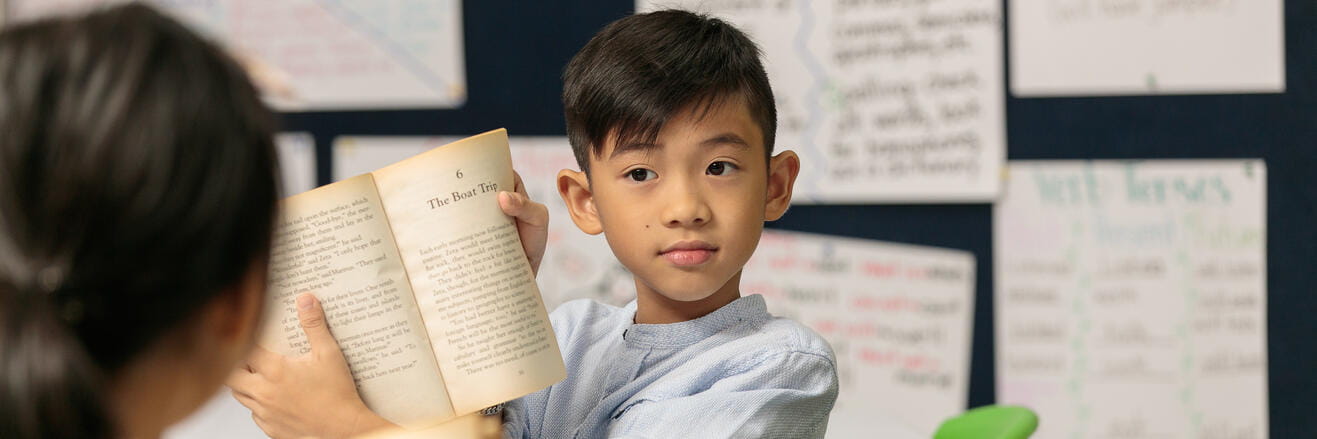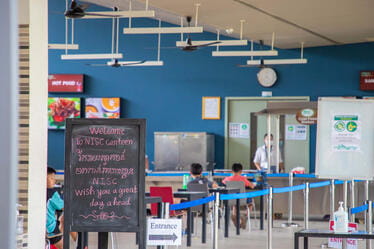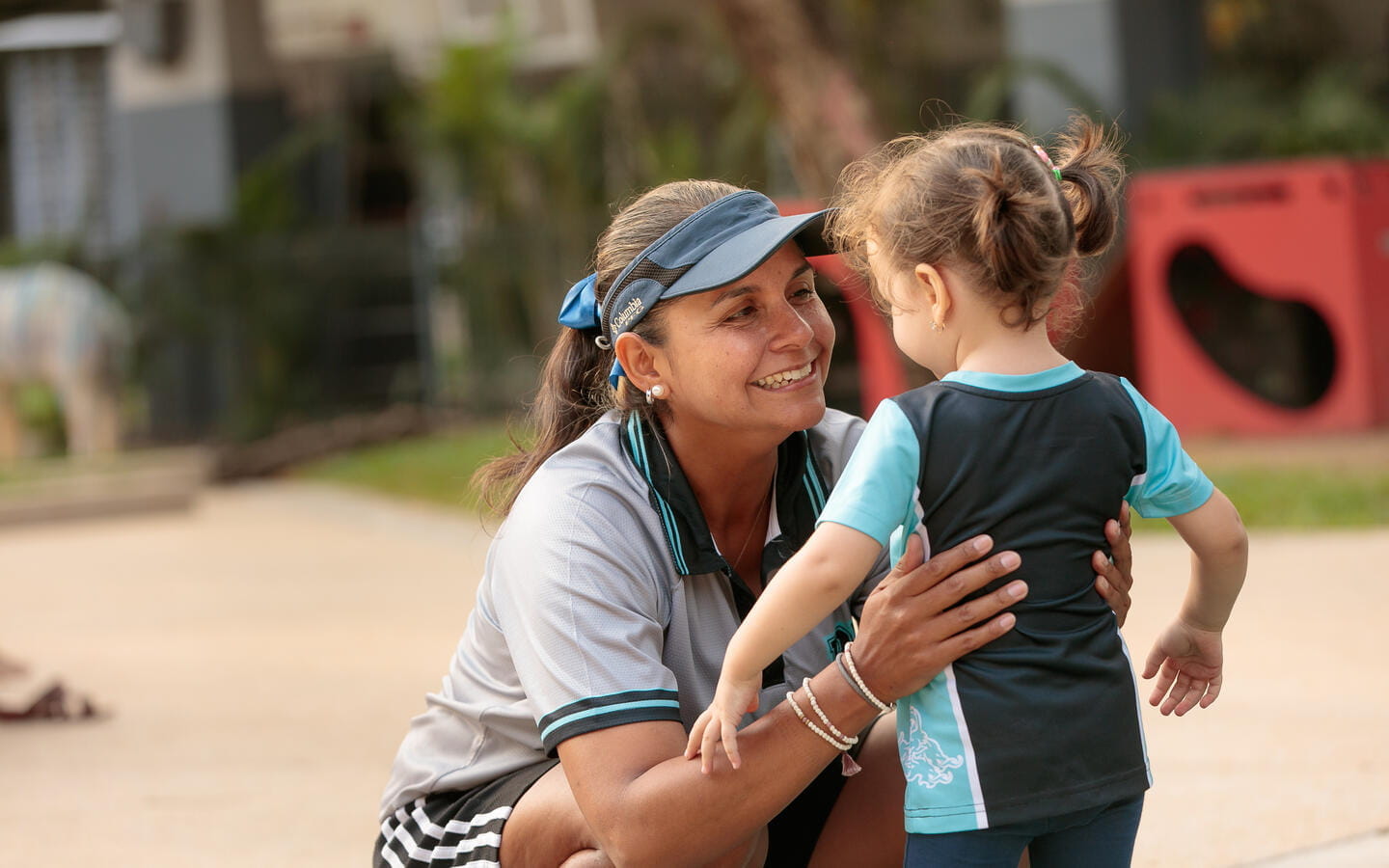We use cookies to improve your online experiences. To learn more and choose your cookies options, please refer to our cookie policy.
CARING HEARTS, AMBITIOUS MINDS
At Northbridge International School Cambodia, we offer a truly outstanding education that’s enriched by a vibrant and truly supportive learning community.








